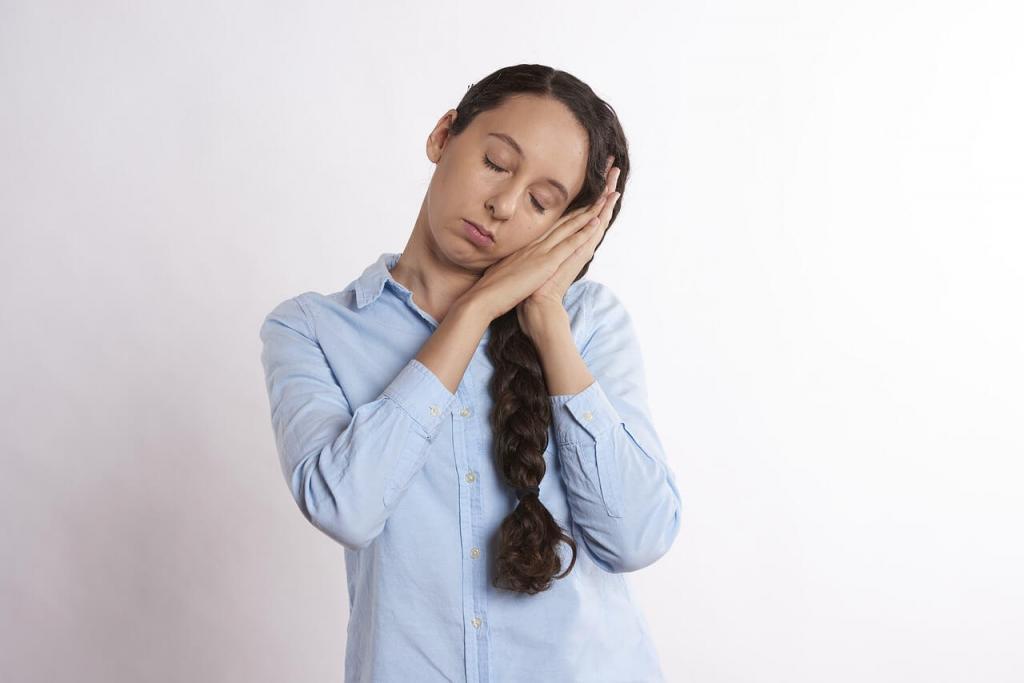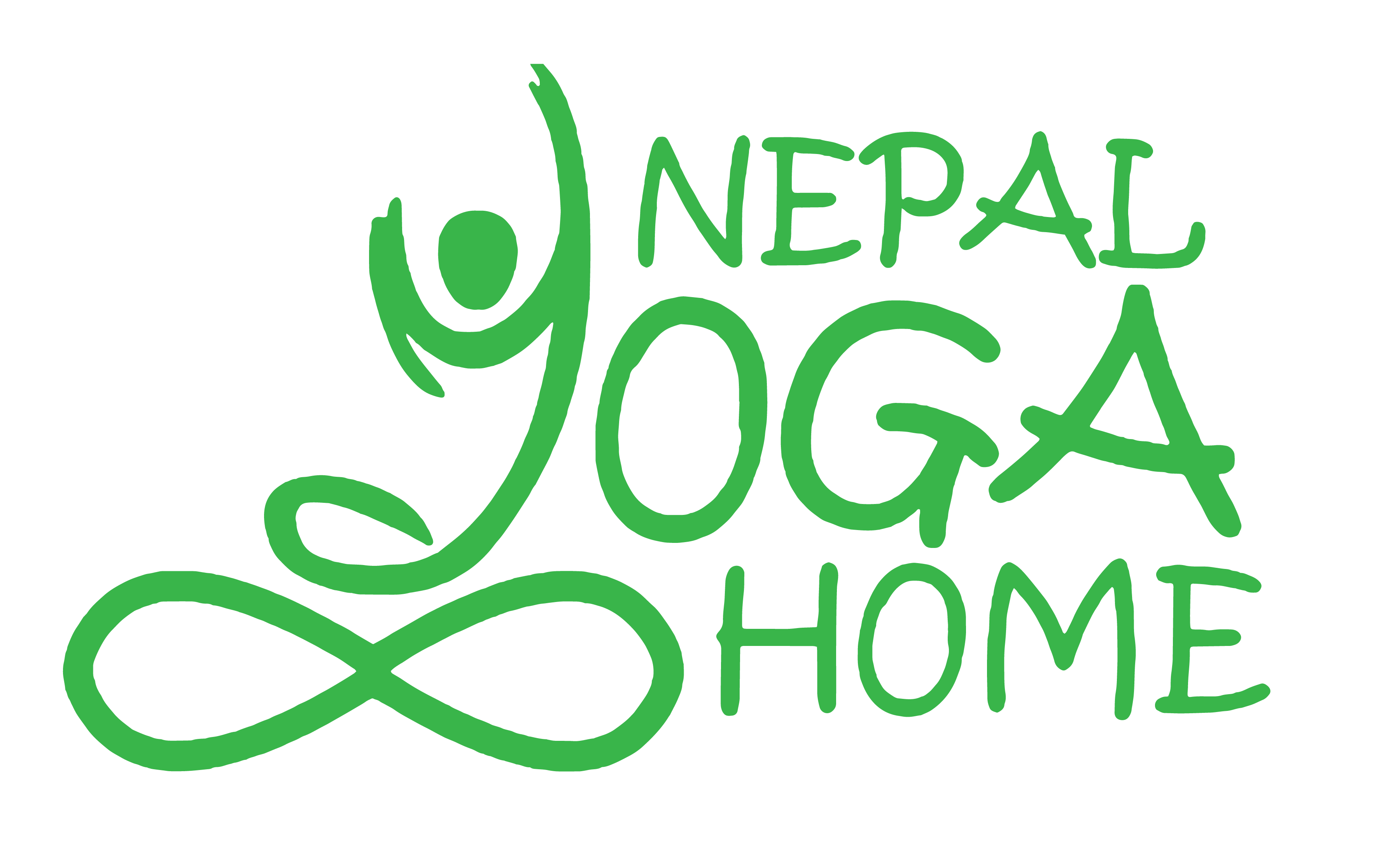Have you ever wondered why you feel so refreshed and fit after a good night sleep? Or why you wake up feeling so tired and cranky after a poor night rest?
Like food and water, getting quality sleep is just as important and essential for survival and good health. Without sleep, you can not maintain the pathway in your brain that helps you learn new things, create memories and a host of other cognitive functions.

Although it appears, we are totally blacking out when we are sleeping, but contrary to what we assume, the brain is anything but inactive. In fact, it tends to be more active than when we awake as it weakens the connection between nerve cells, apparently conserving energy and aiding memory.
Sleep is such a dynamic process that affects how we function. Little wonder lack of sleep (chronic) increases our risks of certain disorders like high blood pressure, diabetes, obesity, depression among others.
What Happens During Sleep
There are basically 2 stages of sleep;
1. Rapid eye movement (REM) sleep
2. Non-REM sleep
Non REM sleep is the period between wakefulness, light sleep, and deep sleep. It is the period of relatively light sleep where your heartbeat and breathing slows, your muscles relax, your body temperature drops, slight eye movements and your brain waves equally begins to slow the daytime wakefulness and all.
REM sleep occurs about 90 minutes into sleep with your eyes moving rapidly from side to side behind your closed eyelids. Hence, the name Rapid Eye Movement(REM) sleep.

During REM, our brains tend to show similar patterns of activity as when we are awake, your breathing and heartbeat increases. Likewise your heart rate and blood pressure.
REM takes about 25% of our sleep and it is at this stage dream occurs. However, our bodies are paralyzed at this stage so that we don’t act out our dreams.
When we sleep, at both REM and Non-REM stages, our brains do the following;
1. Clears Out Toxins
According to researchers, one of the reasons why a good sleep is important is because sleep cleanses and flushes toxins away from the brain.
According to a 2013 study published in the Journal of Science, Dr. Nedergaard, the study’s lead researcher, explains the process as this. As your body sleeps, your brain actively plays the role of a mental janitor, clearing out all the junks that have accumulated as a result of your daily thinking.

Also, researchers at the University of Rochester, using mice as a case study, found out that the space between brain cells may increase during sleep, allowing the brain to flush out toxins that build up during waking hours.
So, if you aren’t getting enough sleep, the possibility of being affected by accelerating neurodegenerative disease like Alzheimer and the likes is likely to occur because you aren’t giving our brain adequate space to clear out toxins.
2. Creates and Solidify New Memories
During both REM and Non-REM, the brain helps consolidate long-term memory by strengthening certain neural connections while pruning unwanted ones.
Sleep plays an important role in learning as it helps us remember what we learn in the day. According to Dr. Matthew Walker, a sleep scientist at the University of California, Berkeley, “We’ve learned that sleep before learning helps prepare your brain for initial formation of memories, and then, sleep after learning is essential to help save and cement that new information into the architecture of the brain, meaning that you’re less likely to forget it.”
The Non-REM stages of sleep help the brain learn effectively the next day, So, depriving yourself some sleep at night can drop your ability to learn by about 40% as lack of sleep affects a part of the brain (hippocampus), which is essential for forming new memories.
3. Learns and Remembers How to Perform Different Tasks
Although the body doesn’t need sleep the same way the brain does, a number of physical activities are dependent on it.
The brain stores long-term memories and information related to motor tasks, including emotional memory (like fear) and procedural memory (like learning how to ride a bike or driving and the likes) at REM sleep so that these tasks become automatic.
Sleep is also essential for activities like improved creativity, for cognition and a whole lot more.
How Much Sleep Do You Need
Our sleep needs vary as we age but is usually the same across different age groups.
- For babies, a minimum of 16 hours of sleep is required daily to boost growth and development (especially the brain).
- For adolescents and teens, a minimum of 9 hours of sleep is required.
- For adults, at least 7 hours daily is needed for adequate rest and proper functioning of the brain.
Tips To Help You for Better Good Night Sleep
1. Stick to a sleep schedule.
To do this, try sleeping and waking up around the same time every day, including during the weekends and holidays. This helps regulate your body clock and can help you fall asleep and stay asleep better at night.
2. Exercise daily forGood Night Sleep
Exercising regularly or doing yoga and meditation can help you burn off extra energy and stimulate better sleep night. However, be sure you do not exercise close to bedtime so as not to disrupt your sleep.
3. Eat right
Ensure you do not go to bed hungry or stuffed as it might cause discomfort and disrupt your sleep.
4. Create a comfortable environment
Control your exposure to bright light during bedtime as this influences the production of melatonin- the sleep hormone that helps regulate your sleep-wake cycle. Getting a comfortable sheet for your mattress could also help create a comfortable environment.
In addition, get rid of noises and other distraction for a nice and refreshing sleep.

